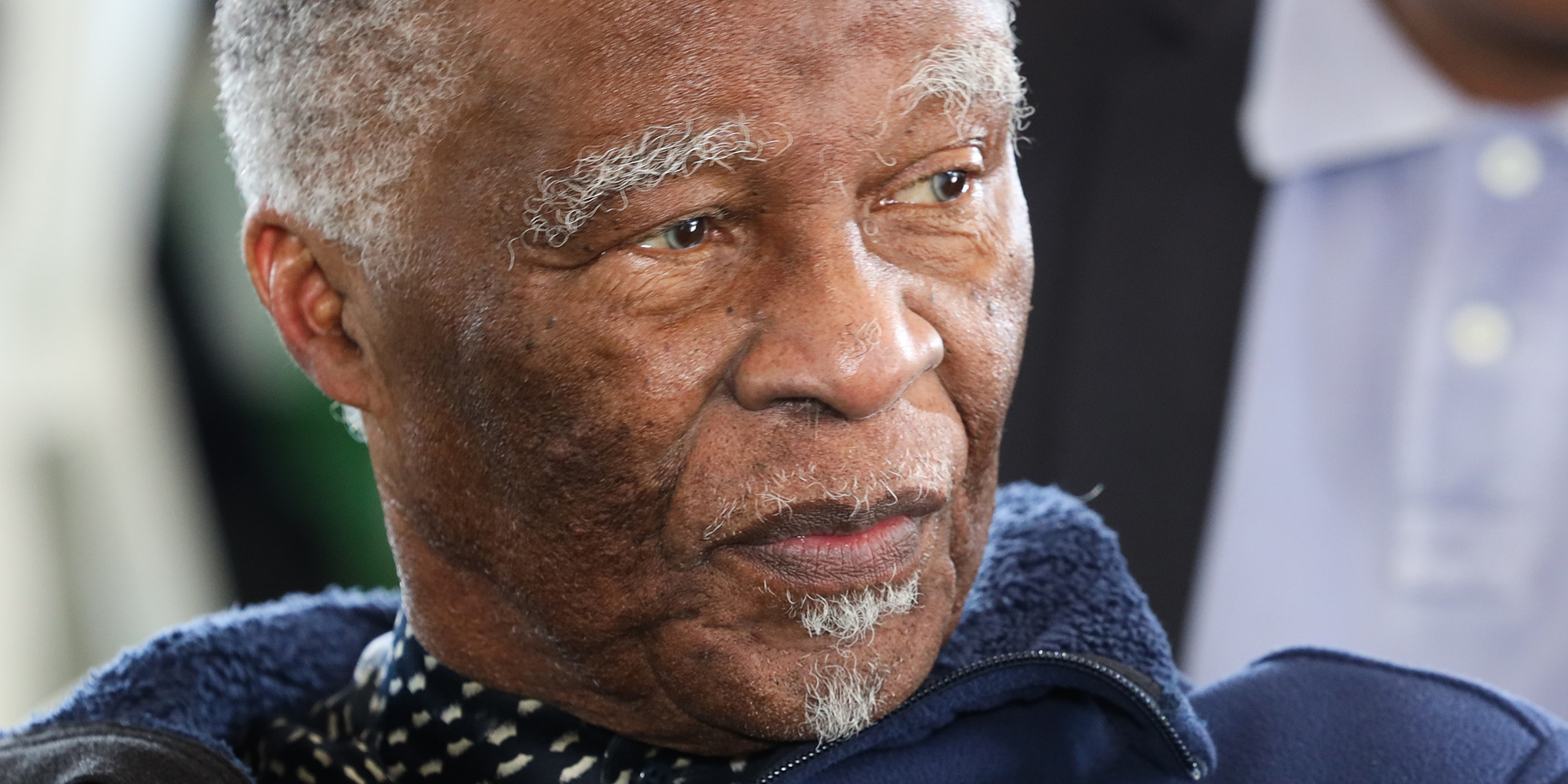It can be forgotten how much economic activity was controlled by the apartheid state. Whether it was the manufacture of iron through Iscor, the complete control of telecommunications through Telkom, or the fact that almost all television and radio stations were under the thumb of the SABC (with M-Net and 702 being important exceptions), much more was run by the government than is the case now.
As apartheid was coming to an end, it appeared the ANC would only increase the government’s role in the economy. In January 1990, the month before he was released, Nelson Mandela issued a statement in which he said, “The nationalisation of the mines, banks and monopoly industries is the policy of the ANC, and a change or modification of our views in this regard is inconceivable.”
Except, the opposite happened. Over the next few years, the role of the state weakened as the relative power of the private sector grew.
Some of this was because of technological changes. The introduction of cellphones made a state monopoly over landlines meaningless. Satellite television services made an almost complete monopoly by the SABC impossible.
In 2000, the then President, Thabo Mbeki, confirmed in Parliament that the programme of privatisation would continue.
This was despite intense opposition from unions.
But the situation has changed dramatically in the past four years, as the fragility of the state has become apparent. One of the revelations of last year’s ANC conference was how the weakness of the state had been revealed for all to see.
Now, Mbeki, speaking as an elder statesman, has made an important comment on the matter.
Speaking at a public administration event, and as reported by the SABC, Mbeki first quoted, with apparent approval, the CEO of the Institute for Race Relations, Dr John Endres saying “Here we have this receding power of the state, its loss of authority and credibility, its inability to translate plans into action, and the growing disconnect between the ruling elite and those they govern, and this is where South Africa’s greatest opportunity for the future is to be found, in its innovative and resilient private sector and civil society, which are solving problems in the growing absence of the state and doing so successfully. In years to come, South Africa will become a case study of how private initiative succeeds where states fail.”
It’s a comment that many in the middle classes may agree with as they find that the private sector can provide them with electricity (through solar installations), healthcare, education and security.
This is one of the reasons the rates boycott by the Westville Ratepayers’ Association is so important: it shows how citizens can use technology and money to leave the state’s systems.
Even in what could be called the “commanding heights of the economy”, the trend of the past four years has been towards privatisation.
Just consider Transnet.
The state-owned company has issued a tender for a private company to run the railway line from Johannesburg to Durban. It has already signed an agreement for an international company to run Pier 2 at Durban Harbour, the busiest section of the busiest port in the country.
But, as Mbeki also points out, there are major problems with this trend.
‘A direct threat’
“In political science, this is characterised as a counter-revolution, and a counter-revolution is not innocent, but in our case, a direct threat to our democratic state and the welfare and wellbeing of millions of our people,” he said in his statement on Monday.
What Mbeki is pointing to is how, when services are privatised, those who cannot pay for them are left with nothing.
This has been the lesson of the past few years: When the state gets weaker, the majority become hungrier, less educated and more desperate.
As former SA Post Office CEO Mark Barnes has said: “If the [SA] Post Office closes, that very small percentage of our population that can afford to, will still use PostNet. But most people will no longer have a [local] post office.”
The key sector where privatisation is happening is electricity.
The decision by President Cyril Ramaphosa (and agreed to by Energy Minister Gwede Mantashe) to allow uncapped embedded generation (allowing private companies to generate as much power as they want and then to sell their excess to other entities) was a de facto privatisation.
As Professor Mark Swilling has explained, South Africans have spent R85-billion on solar installations since April last year, meaning that many in the middle class left a major network that bound together South Africans. The result of this could be golf islands of light in a sea of poverty.
Despite Mbeki’s warning, it appears that the process of privatisation has too much momentum to stop now.
In the past, unions opposed privatisation.
This was for ideological reasons (unions generally lean to the left) and for practical reasons, in that workers in government are usually better paid than in the private sector.
But now, so fragile is the state, and so desperate the situation, this is changing.
The Highveld region of the National Union of Mineworkers (NUM), which represents workers in coal mines, has said that it supports privatisation at Transnet, as the union has 35,000 members who could lose their jobs because the ailing state-owned enterprise is unable to move coal to the coast.
Considering the importance of the NUM to Cosatu, this has the potential to lead to a debate within the trade union federation. Cosatu could be divided on the issue (Satawu represents workers at Transnet, and some of them may prefer to stay in the government sector), or it could just remain silent.
This means that the process of privatisation may have very few who oppose it, and will continue.
And it means that both parts of Mbeki’s prediction are likely to come true: that the private sector will solve many of our problems — at a very high human cost. DM





